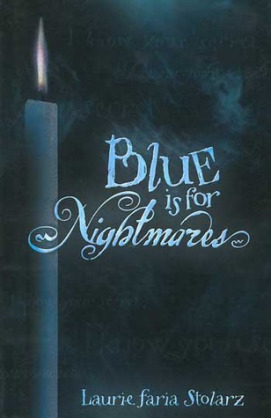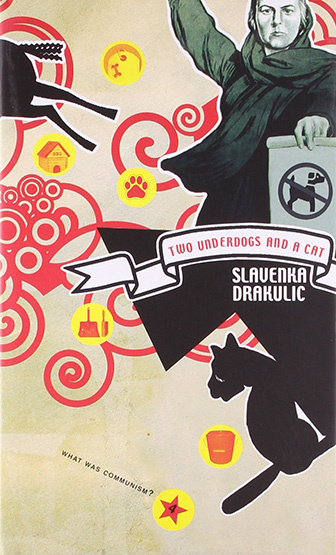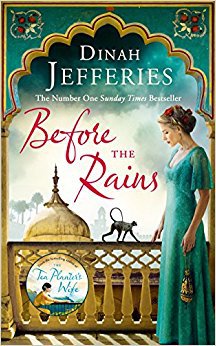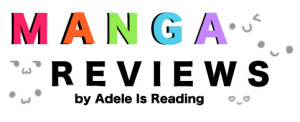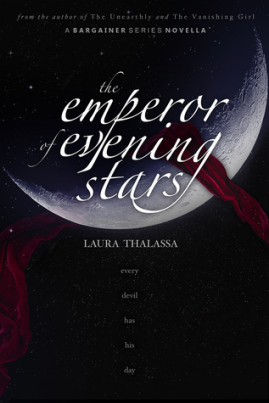 Bees at work in the lavender, back garden 28 July
Bees at work in the lavender, back garden 28 July
I’ve been thinking about why I would or would not bring the Elena Ferrante ‘Neapolitan’ novels I’ve been reading lately to a Shared Reading group (I thought ‘yes’ at first but now I’m thinking ‘no’, and wondering why I’ve changed my mind).
What am I looking for when I choose something?
Let me set up an imaginary example.
I am to go to read in a centre for women who have been involved in the criminal justice system. I need to decide what to take with me that first week, when I don’t know the women with whom I will be reading.
I do know (from experience or by talking to staff at the Centre) that for some women literacy will be a problem, they won’t be able to read or won’t be able to read easily. If they can read, they may rarely do so. I know that some of the women will be very highly intelligent, there may well be someone with a Ph.D here but mostly they will have failed at school. Also, I know that some or many of the women will be angry and distressed, that women with children may have had them taken away from them, that many of the women will have been in, sometimes since childhood, abusive and damaging relationships. If they’ve worked, they’ll usually have worked in service jobs, including sex-work, though there may be a minority who are or have been professionals . Some will be living with addictions, some will be living with chronic physical conditions, most will have enduring mental health problems. None of these ‘categories’ are straightforward or predictable or singular, and when we meet, I won’t know, and I won’t be able to tell, which of the women has done time for murder, who has bowel cancer, which of the women were abused as children, how are many involved with mental health services, or who has the Economics Ph.D.
There is no way that forming a Shared Reading group in this situation is simply ‘facilitation’. This is about leadership, however discretely that leadership is exercised.
My first task is to persuade women to attend the session – that’s a hard task, often the hardest bit of setting up the group – but I’m going to pass over that here because I want to press on to think about reading matter. I’m in this centre and somehow I have managed to persuade – let’s say – five women to attend.
What goes into the choice of reading?
The Shared Reading group is not just about reading but also about a way of being together. I’m here to create a particular kind of community. The reading material, whatever it is, will be in service to that community, just as I will. I’m going to choose whatever we read with a view to it helping me build the community.
I want to find something that will have a half-decent chance of speaking to each of these five people, so I need something humanly recognisable, something that translates easily into particular and specific and different lives.
At the same time, I don’t want it to be too immediately demanding because immediately difficult stuff will put people off and in the early days my job is to build – to demonstrate, to make happen – the group.
So something from Tolstoy or Dostoevsky or George Eliot or Shakespeare will have a half-decent chance of speaking to as many people as I can get into the room, and I know there will be things that are humanly recognisable in all of those authors, but they will be hard to translate into contemporary here and now. So I probably won’t pick them, though later I might. In another group, with different people, and so long as I was confident, an extract from War and Peace or Crime and Punishment might be a great starter.
But here, I want to address the anxieties of women who have never read and think they can’t, I want to interest women who can read but don’t, and I want to surprise someone who is thinking they’ve already got this. I want to engage everyone at the highest point of their intelligence and I want to make sure that everyone enjoys themselves and feels involved. I want us to have a laugh, but also to be a bit shocked. I want literature to be surprising. Not like school.
And I want some poetry because – experience shows, over and over again – that poetry gets to places that prose often cannot find. That might be Invictus – great poem for any group, but especially for people who have had big trouble, ( Reader friend and volunteer and long-standing group member, Louise Jones, blogs about her relation to this poem here) or it might be Sweet Content , because I bet a lot of these women have trouble sleeping. But finding a poem will be relatively easy, because lots of poems are touching and powerful. Charles Bukowski’s poem Bluebird would be great.
And for a story: Wheelbarrow Kings by Jess Walter. It’s from his terrific collection, We Live in Water. I’ve given my copy away – twice now – so this is from memory: two guys, addicts I think, have come by a huge monster of a TV set, and are wheeling it about in a wheelbarrow they’ve found, in hope of selling it to someone. It’s hopeless task, because these days, everyone who can afford a TV already has a monster flat screen: so they can’t sell it to anyone. That’s about it.
It’s got quite a lot of swearing in it, so that will make us laugh. And it’s a bit like having a dead-end job, so for those of us who have done time as waitresses and washers-up, it will be familiar, and for anyone who’s ever tried but not profited from a crime or scam, it’s brilliant. And about having a mate. And about being an idiot. And about being stuck. So we’ll all go through those recognitions in our own particular ways and we’ll have a laugh together.
This is week one. I want a powerful and immediate experience for as many of my group as possible. Next week I might want to start Pastoralia by George Saunders: what it’s like working in a theme park and should you ever snitch? But if I can keep this group together I might head towards Jane Eyre or The Winter’s Tale or Othello. Or maybe The Mouse and His Child by Russell Hoban, because we’re all on a journey and all need a home.
These are my choices, choices of books I find great. I want to share them, partly because I think they are great. Partly because I know they will help build that very specific Shared Reading magic which makes private experience feel profound, knowable, and – should you choose – shareable. Such works create the realms of gold I want to find.
Sometimes in novels you can get pages and pages of story or plot which is fine for a solitary, in the head, fast reader – you just flick on through, fast, and no problem. But in a Shared Reading group a novel that has a lot of sheer fast narrative really slows a group down. You are just reading and reading and reading… and reading aloud six or more times slower than if you were reading in your head. Six times slower is great if the stuff is really rich and interesting, and terrible if it is not, like the difference between walking for five miles round and round a derelict industrial estate and walking for five miles on the Pembroke Coastal Path. That makes it seems as in Ferrante is derelict industrail estate but she’s not – it’s just that I’m not convinced it would stand being read aloud all the way through. Extracts, yes, for sure. then you could lend the whole books out for private reading.
That experience of narrative with no stopping place, no great sea views, no lovely wild-flower close-ups, doesn’t happen much in great novels because in the greatest novels most sentences are poetry, deep and full. You can stop almost anywhere and let the words sink in and blossom to realms of gold. Short stories, perhaps because of pressure of form, can often create those realms, too. ‘Wheelbarrow Kings’ – with its derelicts and derelict landscape – certainly creates them for me. It’s power of language that does it.
Visit Jess Walter’s site here
Share this:
